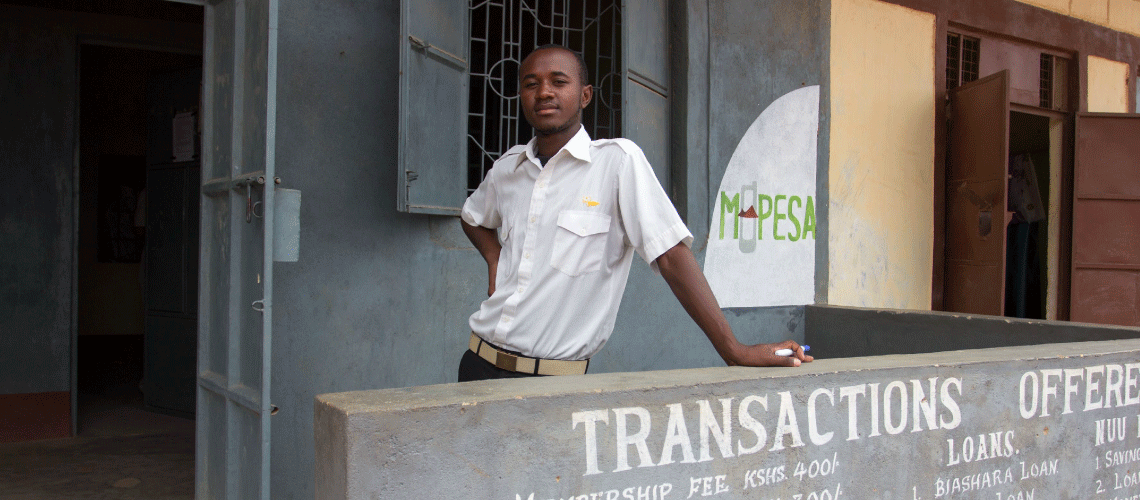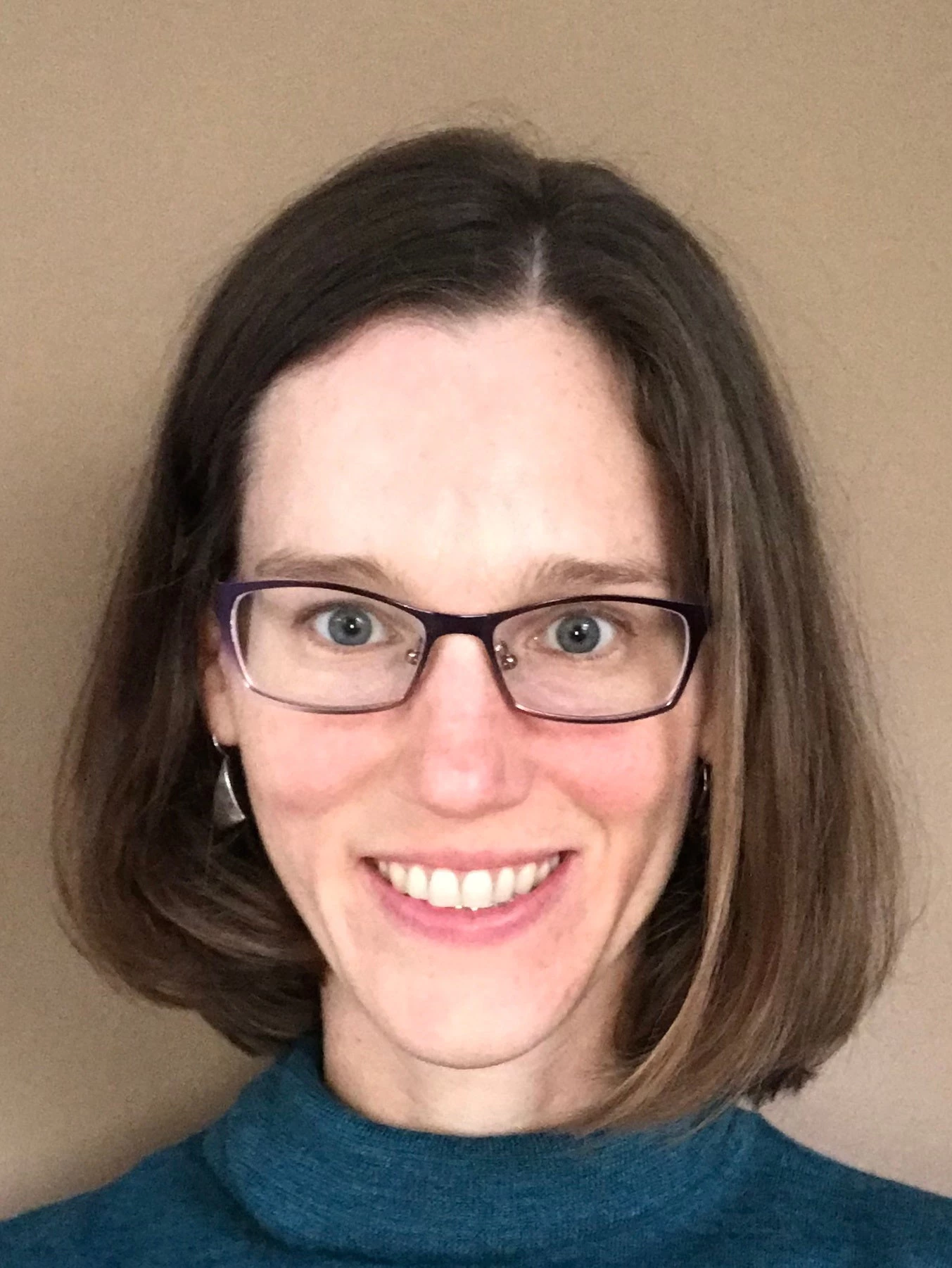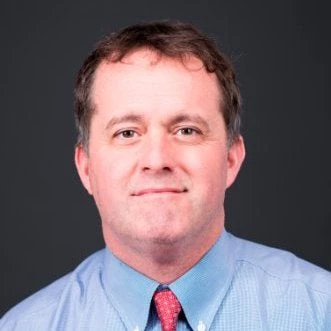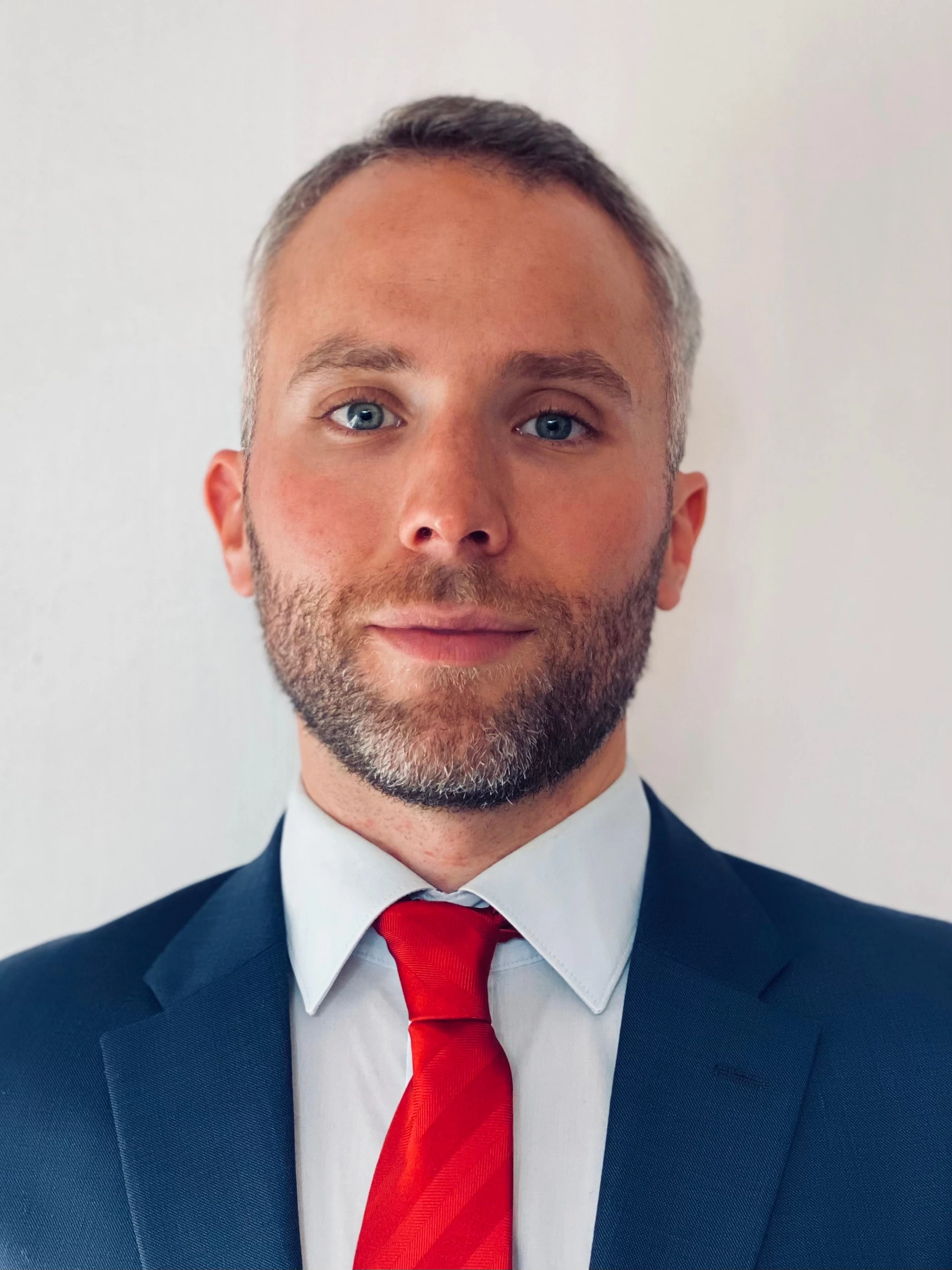 Loan officer, Kenya. Photo: Flore de Preneuf / World Bank
Loan officer, Kenya. Photo: Flore de Preneuf / World Bank
In the last few years, investigative journalists have exposed the use of anonymous shell corporations to hide the assets of powerful individuals around the world. Nigeria, which ranks 150th out of 180 countries on Transparency International’s Corruption Perceptions Index, has been part of these revelations. According to the Tax Justice Network, Nigeria loses $250 million in tax revenue every year to global tax evasion committed by private individuals, and $2 billion to global tax abuse committed by multinational corporations. As part of Nigeria’s efforts to address corruption, the government recently launched a new Persons with Significant Control Register, an open data platform of owners who control companies in Nigeria.
What is beneficial ownership and why does it matter?
When a company’s beneficial owners— the people who ultimately own or control it—are known to authorities and the public, it is more difficult for them to evade taxes, launder money, breach the code of conduct for public officers, and pay or receive bribes. Publicly available information about beneficial owners can be used by governments to identify potential conflicts of interest in public procurement. Journalists can also use the data to raise public awareness and play a watchdog role.
The push for beneficial ownership transparency in Nigeria was initiated by civil society organizations (CSOs) and investigative journalists who used the 2011 Freedom of Information Act to submit requests. These initiatives had a positive influence on the government, which in 2016 committed to fighting corruption and joined the Open Government Partnership (OGP).
The launch of the new Register represents the culmination of a multistakeholder effort. The government’s Corporate Affairs Commission (CAC) has taken the lead on developing the registry and addressing challenges including data gaps, data management issues, and limited staff capacity. Local CSOs such as Human and Environmental Development Agenda (HEDA) have been instrumental in promoting open access to information for greater transparency and accountability through public interest litigation. Local CSOs have also collaborated with anticorruption agencies in Nigeria, with foreign jurisdictions where shell companies are incorporated to disguise illicit assets, and with companies for recovery of traced illicit properties and funds. OGP helped to convene the various stakeholders and provided funding for technical support.
Partnerships that are making a difference
Nigeria’s commitment is part of a growing global movement, reflected in the G7 communique on implementing beneficial ownership registers. Beneficial ownership is also part of the World Bank’s IDA20 policy commitments and the Stolen Asset Recovery Initiative (StAR), a partnership between the World Bank and the United Nations Office on Drugs and Crime (UNODC). Open Ownership, which designed the international beneficial ownership data standard that Nigeria adopted, has played a significant advisory role.
The MacArthur Foundation via the On Nigeria program along with the Chandler Foundation, the Hewlett Foundation, and Open Society Foundations have all collaborated via the Transparency and Accountability Initiative to provide financing for the illicit assets tracing and beneficial ownership transparency agenda. This essential funding was complementary to the Bank’s work to include beneficial ownership transparency in its $125 million Fiscal Governance and Institutions Project (FGIP) for Nigeria.
A similarly collaborative process has been underway in Kenya through the Governance and Institutions Umbrella Program (G&I UP), which is supported by the Chandler Foundation, Hewlett Foundation, MacArthur Foundation, and the UK Government’s Foreign, Commonwealth & Development Office (FCDO).
In the case of Kenya, the focus of reform has shifted from establishing beneficial ownership policy toward actual use of the data. Because Kenya already has a beneficial ownership register in place, the government’s objective is to leverage the data for more informed decision-making by procurement and revenue officials. The G&I UP is providing technical assistance for using data to ensure procurement integrity and increase tax compliance. A coalition of stakeholders including the Public Procurement Regulatory Authority, Directorate of Public Procurement, Business Registration Service, and Kenyan Revenue Authority, as well as Open Ownership, local CSOs, and donors (the World Bank, Deutsche Gesellschaft für Internationale Zusammenarbeit [GIZ], and FCDO), is supporting this initiative.
As more countries move along the continuum from beneficial ownership advocacy and policymaking toward implementing registers and using the data to strengthen public procurement and tax compliance, there is an increase in demand from countries for support in this area. Transparency in beneficial ownership requires a coordinated effort from stakeholders to create and sustain reforms.
The G&I UP is a critical catalyst for these efforts and brings together partners and expertise such as the one from MacArthur’s On Nigeria program along with others working in this space.
About the Governance & Institutions Umbrella Program (G&I UP)
The G&I UP was established in 2022 with the generous support of the Chandler Foundation, the William and Flora Hewlett Foundation, the MacArthur Foundation, and the UK Government’s Foreign, Commonwealth & Development Office (FCDO) as a new partner. The G&I UP supports World Bank client countries to build capable, efficient, open, inclusive, and accountable institutions and improve public sector performance and institutional reform, increase application of digital and technology solutions in the public sector, and enhance transparency and accountability.
Learn more at: www.worldbank.org/giup





Join the Conversation